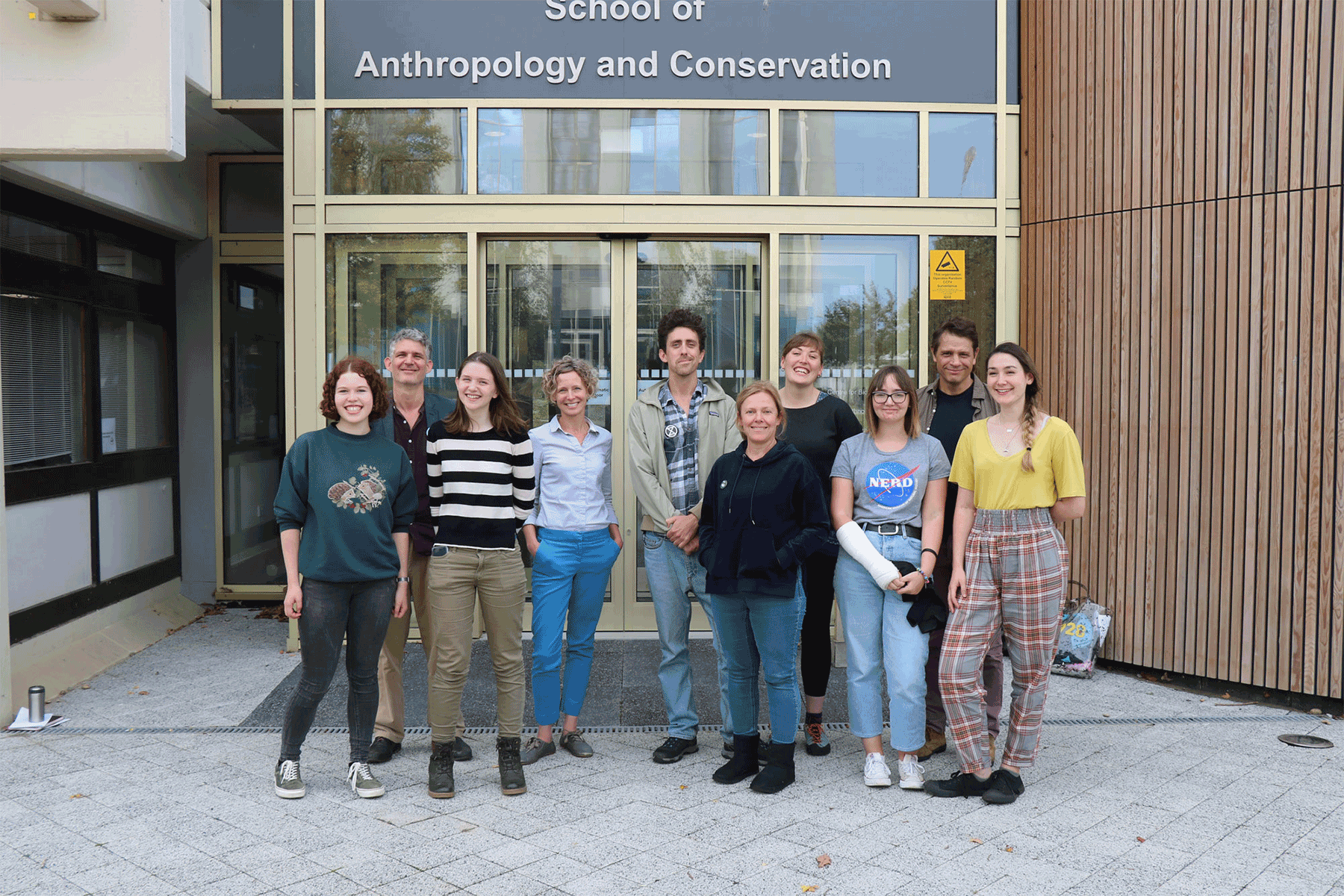Are you interested in sustainability and trying to make a difference at Kent? Get involved with FutureProof, our response to the United Nations Sustainable Development Goals.
FutureProof aims to inspire individuals, departments and the whole University community to take action in ensuring that our estate, our curriculum and our students are ready for the future.
How does FutureProof Work?
The Sustainability Team works with departments to identify a key individual who can act as the department’s Sustainability Champion. Or if you are interested in being a Sustainability Champion you can contact the Sustainability Team directly. The Sustainability Champions are key to the project’s success, therefore training is at the heart of the project.
A series of workshops will run throughout the year on key issues such as climate change, resource use, supply chains and food. There will also be skills workshops that focus on communication, leadership, marketing, systems thinking and problem solving. For these skills workshops, sustainability will be used as the theme, however, these skills are transferable to a wide variety of workplace needs for staff.
Kelda McCabe, Business Information Officer, says “As a Sustainability Champion, I’ve had the opportunity to work closely with colleagues I wouldn’t ordinarily work with, on projects I wouldn’t ordinarily hear about. It’s opened up all sorts of doors at the University. There are so many opportunities to get involved in a way that suits your interests and time.
Being part of a group of people who care about the world and our impact on it has made the world of difference to how I feel about the climate crisis and the future of our planet. It’s a wonderful space to learn, to hear good news stories, to be motivated into action.”
Next FutureProof workshop: Urban agriculture, resilience and community. What can we learn from the Cubans about crisis and sustainability?
Join us on 1 December at 12:30 for our first FutureProof guest talk by Sustainability Champion Dr William Rowlandson. William will be drawing from his own expertise of Cuba and how sustainability projects rose from crisis in this hour-long, creative, practice-based workshop.
“Following the collapse of the Soviet Union in 1989, Cuba entered a period of economic crisis, in which citizens suffered a catastrophic loss of essential goods – from foodstuffs to medicine and machinery. The sudden loss of oil imports led to an energy crisis that paralysed the nation, radically reducing electricity production, transport, industry and agriculture. In response to these shortages, communities across Cuba initiated projects and activities to provide the basic requirements for surviving the sudden decarbonised economy.
These projects – such as urban organic farming, vermiculture (worms!), seed-swaps, community composting, local markets, street kitchens (paladares), repair and reuse of goods and materials, energy-saving cooking methods, and transport sharing – were initially community-conceived and led, pursued without state approval, arising not out of a desire to achieve sustainability goals, but out of urgent necessity. With the success of these projects and the consequent alleviation of food scarcity and poor nutrition, the Cuban state provided resources and expertise and passed legislation to sustain the communities and the projects.”
In this creative, practice-based workshop, we will consider this historical (and ongoing) context with lots of open discussion. Refreshments will be provided, and please feel free to bring your lunch along with you.
How to get involved
If you’re interested in becoming a Sustainability Champion, or attending the next FutureProof event, please email The Sustainability Team sustainability@kent.ac.uk who will send you the event invite.
You can also check out the ‘Twin your toilet’ initiative. To encourage more people to report faults, the Estates department has pledged to sponsor a toilet through the ‘Twin your Toilet’ scheme for the first 10 toilets to be reported. If you report a faulty toilet you can even nominate your favourite toilet to be twinned!
